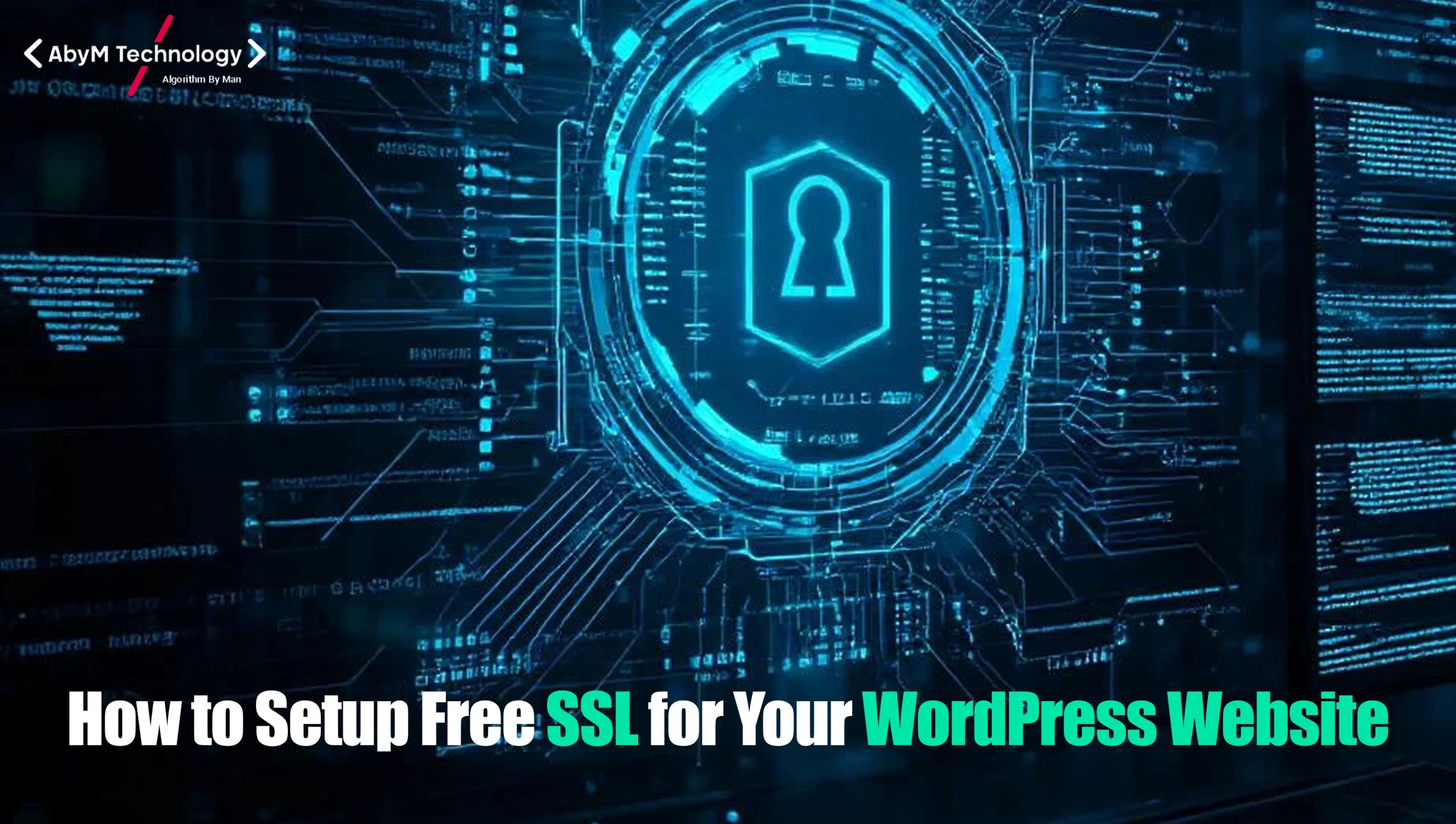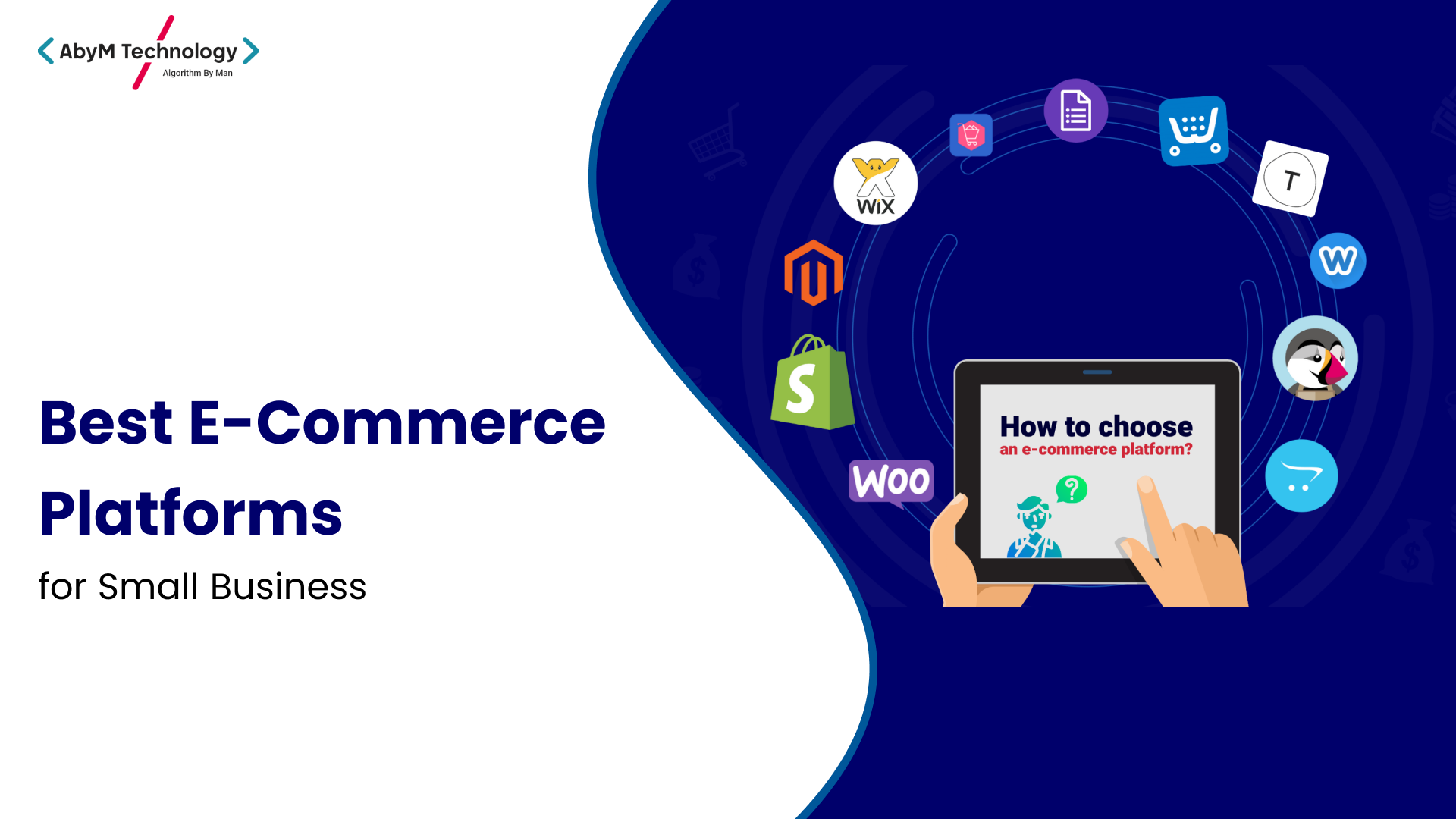Difference Between Entrepreneur and Startup

The terms “entrepreneur” and “startup” are often used interchangeably, but they are far from being synonymous. Understanding the distinction between the two can help aspiring business owners, investors, and even customers make informed decisions. While both entrepreneurs and startups are crucial to the business world, they represent different concepts with distinct roles, objectives, and approaches.
In this blog, we will explore the differences between an entrepreneur and a startup, shedding light on their respective meanings, characteristics, and how they contribute to the business ecosystem.
What is an Entrepreneur?
An entrepreneur is an individual who creates, organizes, and manages a business venture with the aim of making a profit. Entrepreneurs are the driving force behind new businesses and innovations. They take on the risks of starting and managing a business while seeking to identify and capitalize on new opportunities.
Entrepreneurs can work in various industries and sectors, from small local businesses to global corporations. While their ventures may or may not turn into startups, they share a common trait: the ability to turn an idea into a business, manage it, and grow it over time.
Key Characteristics of Entrepreneurs:
-
Risk-Taking: Entrepreneurs are willing to take on personal and financial risks to start and grow their businesses.
-
Vision: Entrepreneurs have a vision for the future of their business and work relentlessly toward achieving it.
-
Adaptability: Entrepreneurs must adapt to changing market conditions, customer preferences, and emerging technologies.
-
Leadership: Entrepreneurs must demonstrate leadership to guide their teams, make key decisions, and ensure business success.
-
Innovation: Entrepreneurs are known for their ability to create new solutions, products, or services that address market needs.
Types of Entrepreneurs:
-
Small Business Entrepreneurs: These entrepreneurs run local businesses that generally operate on a small scale. Examples include shop owners, restaurant operators, and service providers.
-
Scalable Startup Entrepreneurs: These entrepreneurs build businesses that are designed to scale rapidly. They often target venture capital funding and focus on scaling the business in innovative ways.
-
Social Entrepreneurs: These entrepreneurs focus on solving social or environmental issues while generating profits.
-
Corporate Entrepreneurs (Intrapreneurs): These individuals work within large companies but act as entrepreneurs by developing new products or services.
What is a Startup?
A startup refers to a newly established business, typically founded by one or more entrepreneurs. Startups are often associated with innovation, rapid growth, and scalability. The goal of a startup is to bring a unique product or service to market, solve a specific problem, and disrupt existing industries. Unlike traditional businesses, startups typically seek to achieve rapid growth and scalability rather than just maintaining a steady stream of revenue.
Startups often face unique challenges, including finding the right market fit, securing funding, building a customer base, and managing rapid expansion. They are generally considered high-risk, high-reward ventures.
Key Characteristics of Startups:
-
Innovation and Disruption: Startups are often built around innovative ideas or technologies that disrupt existing markets or industries.
-
Scalability: The goal of most startups is to scale rapidly, often with the intent of expanding into new markets, attracting investors, and growing the customer base exponentially.
-
Funding and Investment: Startups often require external funding, such as venture capital or angel investment, to fuel their growth and expansion.
-
Uncertainty: Due to their early-stage nature, startups typically face a high degree of uncertainty and risk, especially regarding profitability.
-
Focus on Growth: Startups are primarily focused on achieving rapid growth through customer acquisition, market penetration, and scaling operations.
Types of Startups:
-
Tech Startups: Startups that focus on technology, software, apps, and digital solutions. Examples include companies like Uber, Airbnb, and Slack.
-
Social Startups: These startups aim to create social or environmental impact. They often focus on solving critical societal problems.
-
Scalable Startups: These businesses are designed to scale rapidly with an innovative idea or business model and usually require significant funding.
-
Small Startups: These startups typically focus on serving a local or niche market and may not aim for rapid, large-scale growth.
Key Differences Between Entrepreneur and Startup
While the terms “entrepreneur” and “startup” are related, they represent two different concepts in the world of business. Let’s dive into the core differences between them:
1. Definition and Focus
-
Entrepreneur: An entrepreneur is an individual who starts and runs a business venture. Entrepreneurs can create any type of business, from small local businesses to large, scalable ventures. Their primary focus is on creating a successful business, whether it’s small-scale or large.
-
Startup: A startup is a business entity that is typically in its early stages and focuses on high growth, innovation, and scalability. Startups often work on solving problems in disruptive ways and aim for rapid market expansion. Unlike traditional businesses, startups generally require external funding to scale quickly.
2. Risk and Reward
-
Entrepreneur: Entrepreneurs often take on personal and financial risks by starting their own businesses. The risks involved may vary, but they are typically more manageable in traditional businesses as compared to startups.
-
Startup: Startups are considered high-risk, high-reward ventures. The risks are significant, especially in the early stages, as the business is trying to find its market fit. However, if successful, startups can achieve massive growth, attract substantial investments, and provide high returns for their founders.
3. Growth and Scalability
-
Entrepreneur: Entrepreneurs can aim for various levels of growth, from maintaining a small, local business to scaling up operations. However, not all entrepreneurs focus on high scalability or rapid growth.
-
Startup: Startups are built with the express purpose of scaling rapidly. The primary goal is to achieve high growth and market penetration, often through innovative solutions or disruptive technologies.
4. Funding Needs
-
Entrepreneur: Entrepreneurs may self-fund their business or seek traditional financing options, such as loans or small business grants. While funding is important, entrepreneurs may not always require large-scale investments to grow their businesses.
-
Startup: Startups often require substantial external funding in the form of venture capital, angel investments, or crowdfunding. This funding is used to fuel rapid growth and expansion, enabling the startup to scale quickly.
5. Longevity and Stability
-
Entrepreneur: Traditional businesses, created by entrepreneurs, tend to focus on long-term stability and consistent growth. These businesses are generally less volatile and more focused on sustainable profit.
-
Startup: Startups often have a shorter lifespan but aim for rapid growth in a short period. Some startups succeed and grow into large companies, while others may fail quickly due to high competition, lack of market fit, or other challenges.
Conclusion
The distinction between an entrepreneur and a startup lies in the approach, goals, and nature of the business. While an entrepreneur refers to an individual who creates and manages a business, a startup is a high-growth, often tech-driven, venture aimed at disrupting markets. Entrepreneurs can build both traditional businesses and startups, but the key to understanding the difference is in their focus on risk, growth, innovation, and funding.
For aspiring business owners, understanding these differences is crucial in setting realistic goals, securing the right type of funding, and making informed decisions about the direction of their business.
FAQs: Difference Between Entrepreneur and Startup
1. Can an entrepreneur start a startup?
Yes, an entrepreneur can start a startup. In fact, many startups are created by entrepreneurs who have a vision for innovative and scalable business models.
2. What is the biggest difference between an entrepreneur and a startup?
The biggest difference is that an entrepreneur is an individual who creates and runs a business, while a startup is a business entity focused on rapid growth, innovation, and scalability.
3. Do startups always require external funding?
While many startups seek external funding to fuel growth, some may bootstrap their way to success by reinvesting profits and managing limited resources.
4. Are all entrepreneurs focused on scaling their business?
No, not all entrepreneurs are focused on scaling rapidly. Many entrepreneurs run small businesses that prioritize stability and consistent profits rather than rapid growth.
5. Is a startup riskier than a traditional business?
Yes, startups are generally considered riskier due to their high-growth nature, the need for external funding, and the uncertainty of market acceptance. However, successful startups can provide substantial rewards.
6. Can a startup become a traditional business?
Yes, a startup can evolve into a traditional business if it shifts its focus from rapid growth to long-term stability and sustainability. Some startups aim for steady growth rather than scaling indefinitely.










